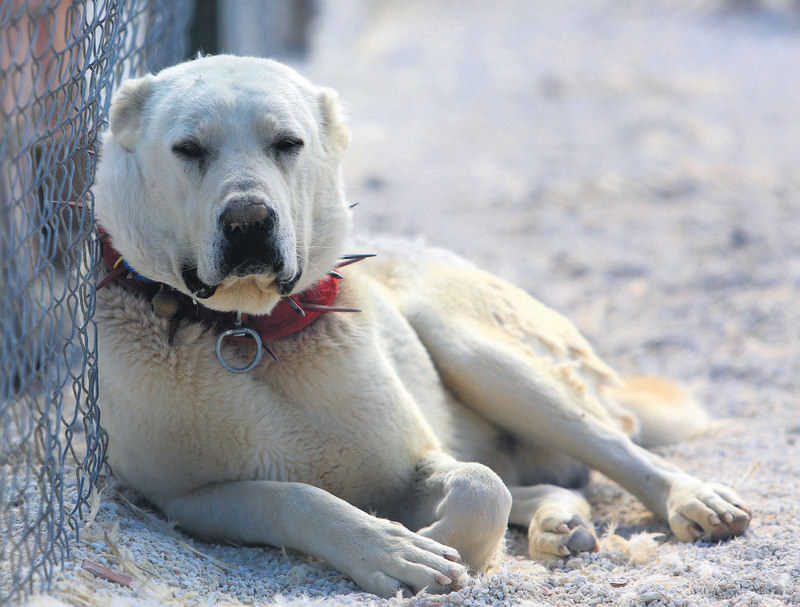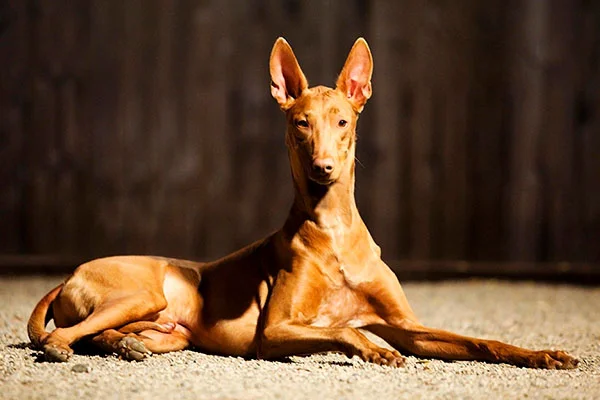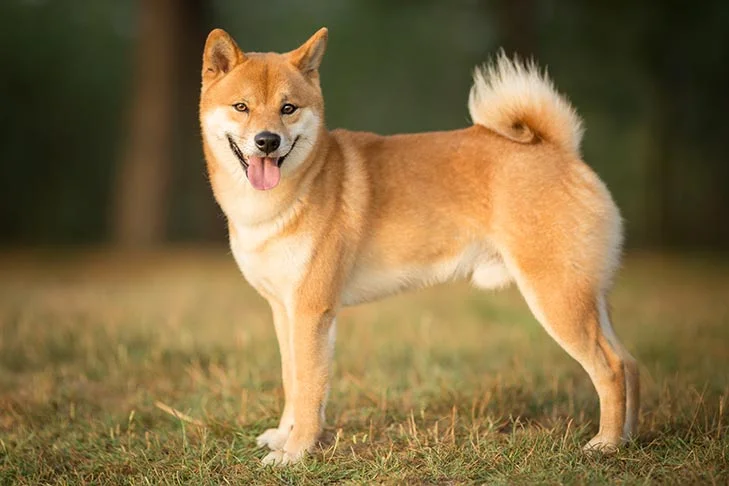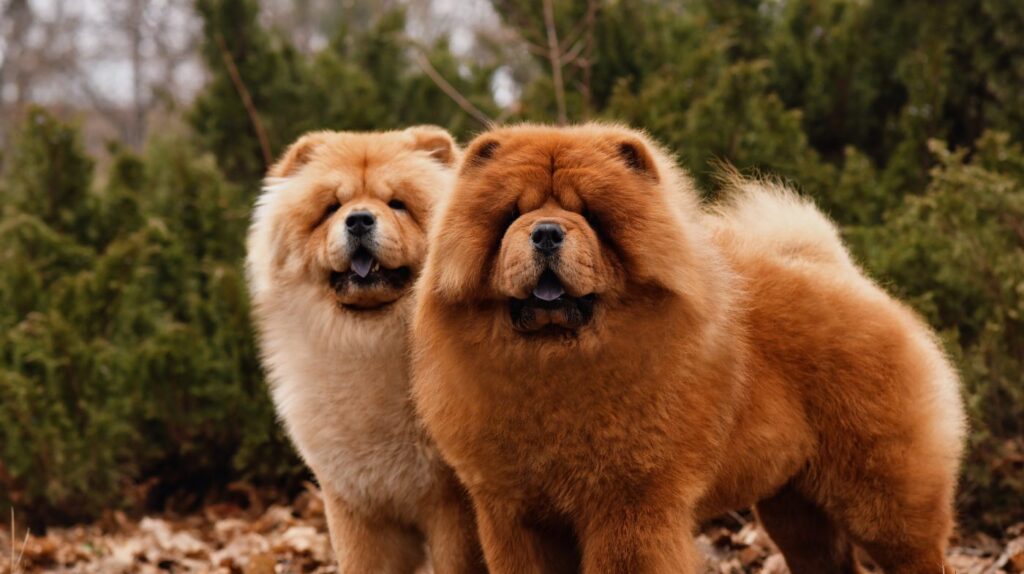
Introduction
The Chow Chow is a Chinese breed known for its unique appearance, thick coat, and blue-black tongue. Initially bred for hunting and guarding, it is now a popular companion pet worldwide, requiring consistent training and socialization due to its independent and sometimes distant personality. Regular grooming and exercise are necessary to maintain their appearance and health. The Chow Chow can make an excellent pet for dedicated owners willing to invest in their care and training.
Temperament
The Chow Chow breed is known for its independent and sometimes aloof personality. While they are often loyal and devoted to their owners, they can also be reserved or even aggressive with strangers or other animals. Consistent socialization and training are necessary to ensure that Chow Chows become well-adjusted and well-behaved pets. Due to their independent nature, they are not always considered the best breed for novice dog owners. Chow Chows are also known for their strong will and intelligence, making them a challenging breed to train. Nevertheless, with proper training and care, Chow Chows can make excellent and loving pets for the right owner.
Aggression in Chow Chow
Chow Chows can exhibit aggression towards strangers or other animals due to their protective and independent nature. Originally bred for hunting and guarding, they have a strong territorial drive, which can lead to aggressive behavior. Proper socialization and training are crucial to teaching them appropriate behavior and distinguishing between friend and foe. Establishing the owner as the “alpha” can also prevent aggression. However, aggressive behavior may also be a sign of underlying health issues, so veterinary consultation is advisable.
Health and Lifespan
Reported lifespan range of Chow Chow
The lifespan range of a Chow Chow is typically between 9 to 15 years. However, like all breeds, individual health and genetics play a significant role in determining the actual lifespan of a Chow Chow. Proper nutrition, regular exercise, and routine veterinary care can help to extend their lifespan and keep them healthy throughout their lives.
Health issues in Chow Chow
Owners should be aware that Chow Chows are prone to certain health issues, including hip dysplasia, eye problems, and skin allergies, which may affect their lifespan. Regular checkups with a veterinarian can help to identify and manage these health issues early on and improve the overall quality of life for a Chow Chow.
Food for Chow Chow
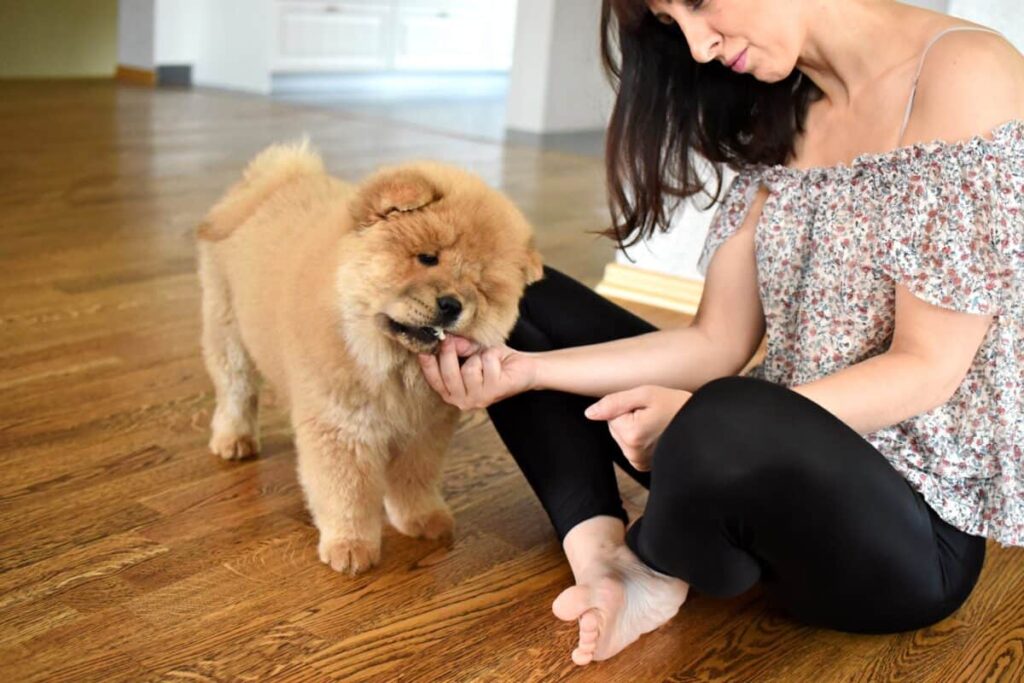
The best food for a Chow Chow is a high-quality dog food that provides balanced nutrition and meets their dietary requirements. Owners should look for products with high-quality protein sources, avoid fillers and artificial preservatives, and consider foods rich in Omega-3 fatty acids and antioxidants. It’s also important to choose a diet appropriate for their age, weight, and activity level. Consulting with a veterinarian or canine nutritionist can be helpful in determining the best diet for a Chow Chow.
Training for Chow Chow
Training a Chow Chow requires patience, consistency, and positive reinforcement. Due to their independent nature, Chow Chows can be stubborn and difficult to train, so it’s essential to start training early and remain consistent.
The first step in training a Chow Chow is socialization. Early socialization with people and other dogs can help them learn how to behave appropriately and distinguish between friend and foe. Training should also focus on basic obedience commands such as sit, stay, come, and heel.
Positive reinforcement techniques, such as treats and praise, work well with Chow Chows as they respond well to rewards. Harsh punishments or physical corrections should be avoided as they can harm the dog’s self-esteem and lead to aggressive behavior.
Consistency is key in training a Chow Chow, and all family members should use the same commands and training techniques to avoid confusion. Short, frequent training sessions are better than long, infrequent ones.
Conclusion
In conclusion, the Chow Chow is a distinctive breed that can make a great pet for the right owner who is willing to invest time and effort into their care and training. They are known for their independent and sometimes aloof personalities, but with early socialization and consistent training, they can become well-adjusted pets. Chow Chows require regular grooming to maintain their appearance and prevent skin irritation and benefit from regular exercise and a balanced diet to stay healthy and active. With their unique appearance and loyal nature, Chow Chows are sure to capture the hearts of many dog lovers around the world
